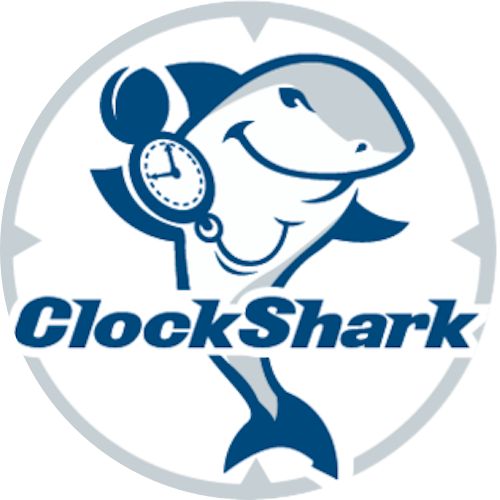It’s very exciting to leave the W2 world behind and go out on your own as an Independent Contractor. Just sit back and rake in all that money, right? Well, maybe not all of it.
There are quite a few things you need to know in order to properly account for your income and expenses. Let’s look at a few.
What independent contractors should know
1. W9
This is a form created by the IRS. Anyone who pays you for your services should ask you to complete one. It provides your customers with the necessary tax information to prepare a 1099 for you at year-end. Recently I was at a musician friend’s gig when the owner asked him for a W9.
My friend whipped out his phone and emailed a completed one to the owner in seconds. Smart idea. Don’t delay your payment because you don’t have a W9 ready.
2. 1099
All businesses should prepare 1099s at the end of the year for any Independent Contractors they have paid. Since you are not an employee now, you will not receive a W2. Instead, you will receive a 1099 from each person who paid you, provided they paid you more than $600 during the year. Always check them carefully against your records to be sure they are correct.
3. Self-Employment Tax
When you are an employee, a percentage is withheld from your paycheck for Social Security (6.2%) and Medicare (1.45%). Your employer turns this into the government along with a matching amount (7.65% total) at their expense.
You are the employer now, so you are responsible for the entire 15.3%. If you aren’t putting aside 15% each month, you’ll wish you had when it comes time to file your tax return.
4. Mileage
One of the most common mistakes is an Independent Contractor using business funds to put gas in his or her personal car. “But I use that car to get to the jobs!” Right. There is a deductible expense here, but it’s not the gas. If you personally own the car, then you personally pay for the gas, tires, upkeep, etc.
The business can pay you mileage for the use of the car. The mileage rate changes year to year, but for 2017, it’s 53.5 cents per mile. Yes, you do have to track your miles in order to assign the expense to the business. There are several apps that will take care of that for you.expense to the business.
5. Uniforms
Here is another common mistake. You cannot deduct your clothing as uniforms. “But I need to look nice!” Yes. You do. Put your logo on that shirt and it’s deductible. If not, that’s a personal expense. Unless – if you need a specific uniform like a nurse or a police officer. If your clothing identifies your job, then it’s a uniform. If it’s a nice dress shirt with no logo on it, it’s not a uniform.
6. Home Office Expenses
The portion of your home (and it’s related expenses) that you use for your home office is a deductible expense. To make it easy, let’s say that your house is 1000 square feet and your office is 100 square feet. Then ten percent of all home expenses are deductible. That’s your mortgage (or rent), electricity, roof repairs, etc.
But that space has to be used as an office all the time. It can’t be your dining room table that you also use for dinner. It can’t be your guest room where Uncle Harvey stays when he visits. It has to be completely dedicated as an office all of the time.
7. Meals
Here is another area that is misused. Those trips to Starbucks are not tax-deductible. Your lunch on the fly is not tax-deductible. Taking your significant other out to dinner is not tax-deductible, even if you talked about your business. Some meals are deductible – such as if you take a client out to dinner, or if you are spending the night out of town for a job. You can find some guidelines at irs.gov.
8. Separate bank accounts
One mistake many people make is not separating their personal and business expenses. As soon as you decide you’re going out on your own, get a separate bank account. Do not mingle your personal expenses with your business.
The IRS doesn’t like it, and it’s not good business practice. Once you get that business account, use it only for business. Personal expenses are not deductible and don’t belong in your business account. The same goes for credit cards. Get a separate one and don’t mingle them.
9. Estimated Taxes
You will probably be required to pay quarterly estimated taxes, but your tax advisor can give you more information on this. Just be prepared to make those payments. Remember that federal income taxes (and probably your states as well) are a “pay as you go” system. The IRS does not want you to wait until the year is over to pay in.
When you are an employee, taxes are withheld out of every paycheck. It’s a good idea to keep that habit going when you are a contractor. Put money in a savings account and leave it there until it’s time to make your payment. You’ll be glad you did!
10. Use a Trusted Advisor
Build your network now. You may not need all of these at first, but as you grow, you’ll be glad you established a relationship with the following support professionals: QuickBooks expert, CPA, lawyer, insurance agent, IT professional, web designer, banker – just to name a few.
These are some tips to help you get off to a great start. But don’t forget the most important one – Have Fun!





